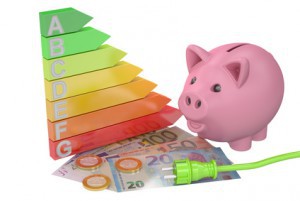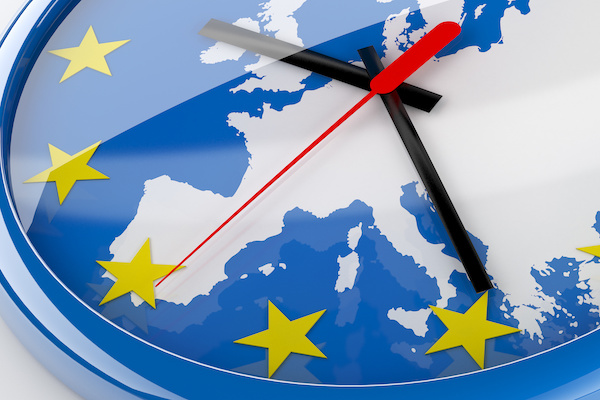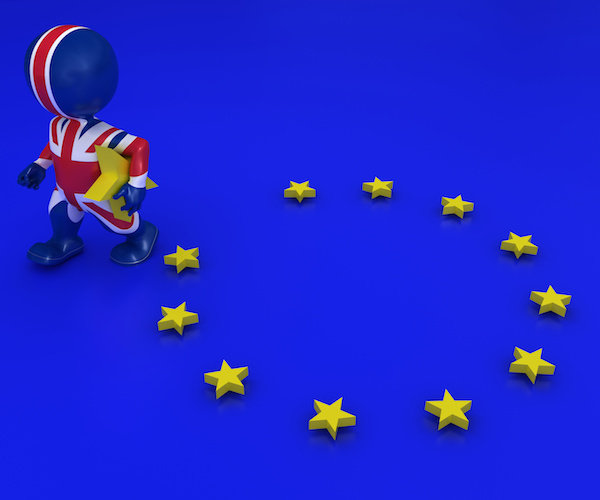28 September 2016
Energy saving certificates: the uncertainty remains!


Whilst the French government launched a few days ago a consultation on Phase IV of the Energy Saving Certificates (Certificats d’Economie d’Energie in French), energy suppliers remain particularly concerned considering the lack of visibility on the changes foreseen for the ongoing third phase.
Created more than ten years ago, the energy saving certificate system relies on an energy saving obligation set by the State to energy suppliers over a specific period. In order to fulfil this obligation, energy suppliers received CEE attesting the energy savings made.
Since January 1st, 2015, this system has entered its third phase, which will last for three years. Although the objectives set for suppliers have been increased twice already since the beginning of Phase III without consulting the concerned stakeholders, the Plurennial Environmental Planning (PPE) aims to “reinforce the objectives of Phase III of the CEE”, without providing neither any justification nor further detail. Reinforcing the ambition of the mechanism could lead to the extension by one year of phase III (i.e. until 2018), but then again, without any concrete indication being given on such extension.
Too much instability
As UFE recalled during the launching of the consultation for the fourth phase, these repetitive reviews of the mechanism framework undermine its credibility. Yet, it is one of the energy efficiency policy tools in which energy suppliers have fully taken part. Further progress and effort are thus needed! Planning the organization and implementation costs is necessary in order to reach the targets set, and reminding that regulatory changes do not provide the stability that energy actors need for their commercial activities does not question the necessity and relevance of the CEE. That is why, for UFE, the possible increase of the obligation volume and the extension of Phase III have to be discussed in priority with the stakeholders during the ongoing consultation.
Achieving the energy efficiency policy together
This period should also be an opportunity to discuss the review of the mechanism. The CEE system would indeed benefit from targeting sectors that represent the main sources of energy savings, which have now become almost excluded from the scope of the CEE mechanism. That is the case for individual housing. Over the past few years, the measures taken on thermal equipment such as electronically-controlled electric equipment, heat pumps or high-performance gas boilers have been penalized by the consecutive changes of the calculation method used and by different references than those applying for insulation for instance. These technologies remain nonetheless essential for achieving the energy performance renovation targeting. Consequently, the CEE mechanism – initially introduced by the legislator in order to make energy savings in the housing sector – represents in 2016 only 20% of the actions made. UFE will thus bring forward concrete proposals in response to the consultation, underlining the necessity to target the most efficient energy-saving measures in individual housing.
Overall, let us stress that at a time when the European Commission is reviewing the Energy Efficiency Directive – which applies to CEE, France can lead by example here: it is a country that can use the return on experience it has accumulated over the past ten years and turn its current mechanism into a more simple and efficient system, in line with the ambition of the targets set!
Find out more
02 June 2020
“Long live Europe”: it’s time for Europe!
25 February 2020
Brexit: love last 47 years


About us
The Union of the French Electricity Industry is the trade association of the French electricity sector. We bring together companies from the whole value chain of the electricity industry.
Find out more









